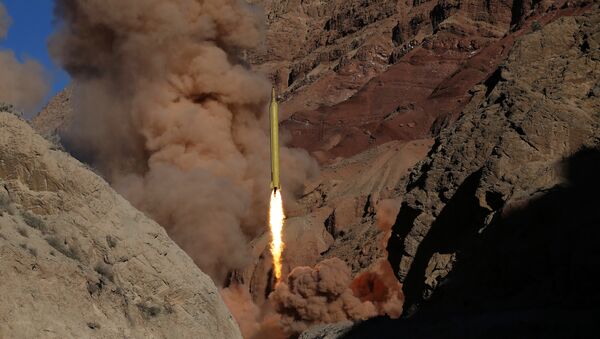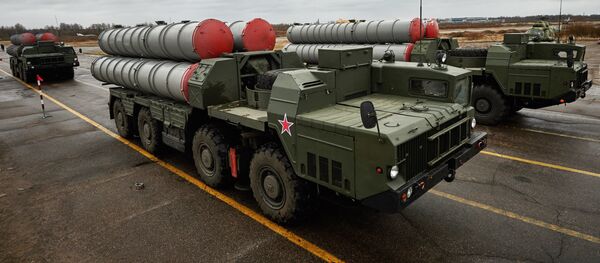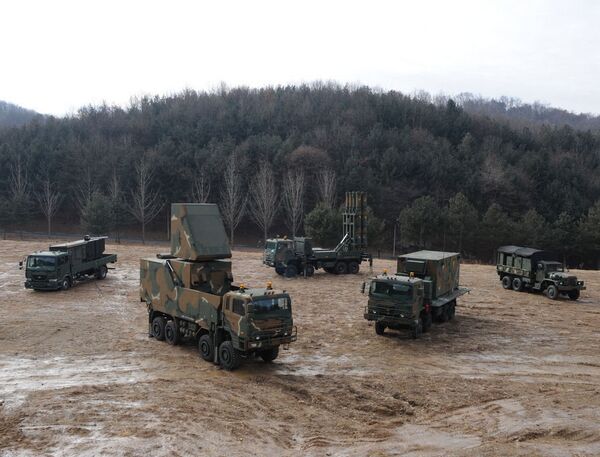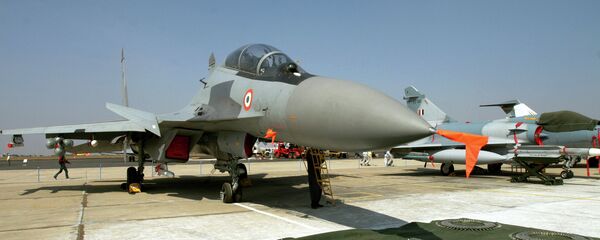It referred to a book published by the Center for Analysis of Strategies and Technologies, a Moscow-based non-governmental think tank, which focuses on the development of the military industries of Brazil, Indonesia, Iran, Pakistan, Singapore, South Africa and South Korea.
Importantly, the authors of the book said, Russia already started to bolster its cooperation with each of these countries with respect to weapons development; they may become Moscow's full-fledged partners in this field in the immediate future.
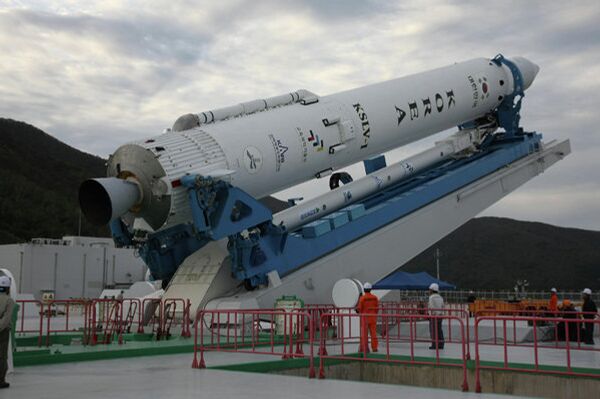
In this vein, the authors first and foremost mentioned Iran, which they described as an example of a country which developed its defense industry amid almost total political isolation and minimal resources.
This example is especially important to Russia, which faces ever-increasing pressure from sanctions that are unlikely to go away in the near future.
The scope of Russia's cooperation with these seven countries includes, among other things, the supply of portable anti-aircraft systems to Singapore and the development of a rocket vehicle and air defense systems in South Korea.
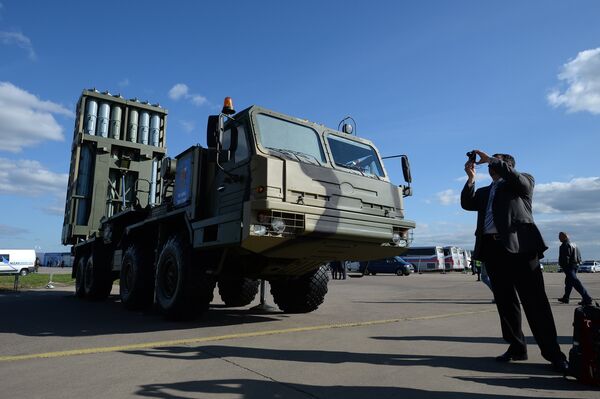
Military cooperation between Moscow and Seoul has already resulted in the creation of the first South Korean carrier rocket, the KSLV-1, and the country's KM SAM medium-range air defense system, which in turn enabled Russia to work on technology related to the S-350 Vityaz medium-range surface-to-air missile system.
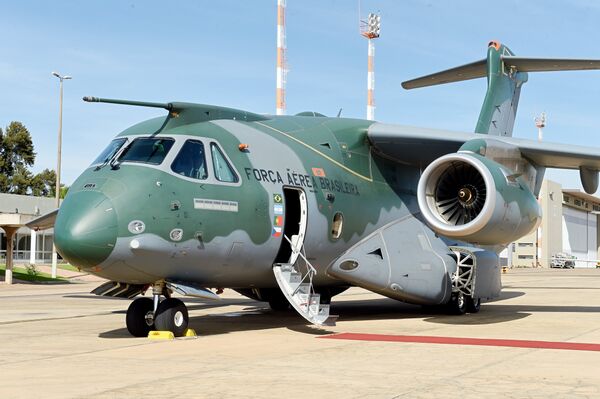
In general, the new players' ever-increasing clout comes amid the continued degradation of the defense industries of a number of EU countries, and promises major changes in the market for military products and dual-use goods in the next 15 years, according to the authors. They pointed out that the further development of Russia's defense industry will greatly depend on Moscow's interaction with these new players on the global arms and military equipment arena.

